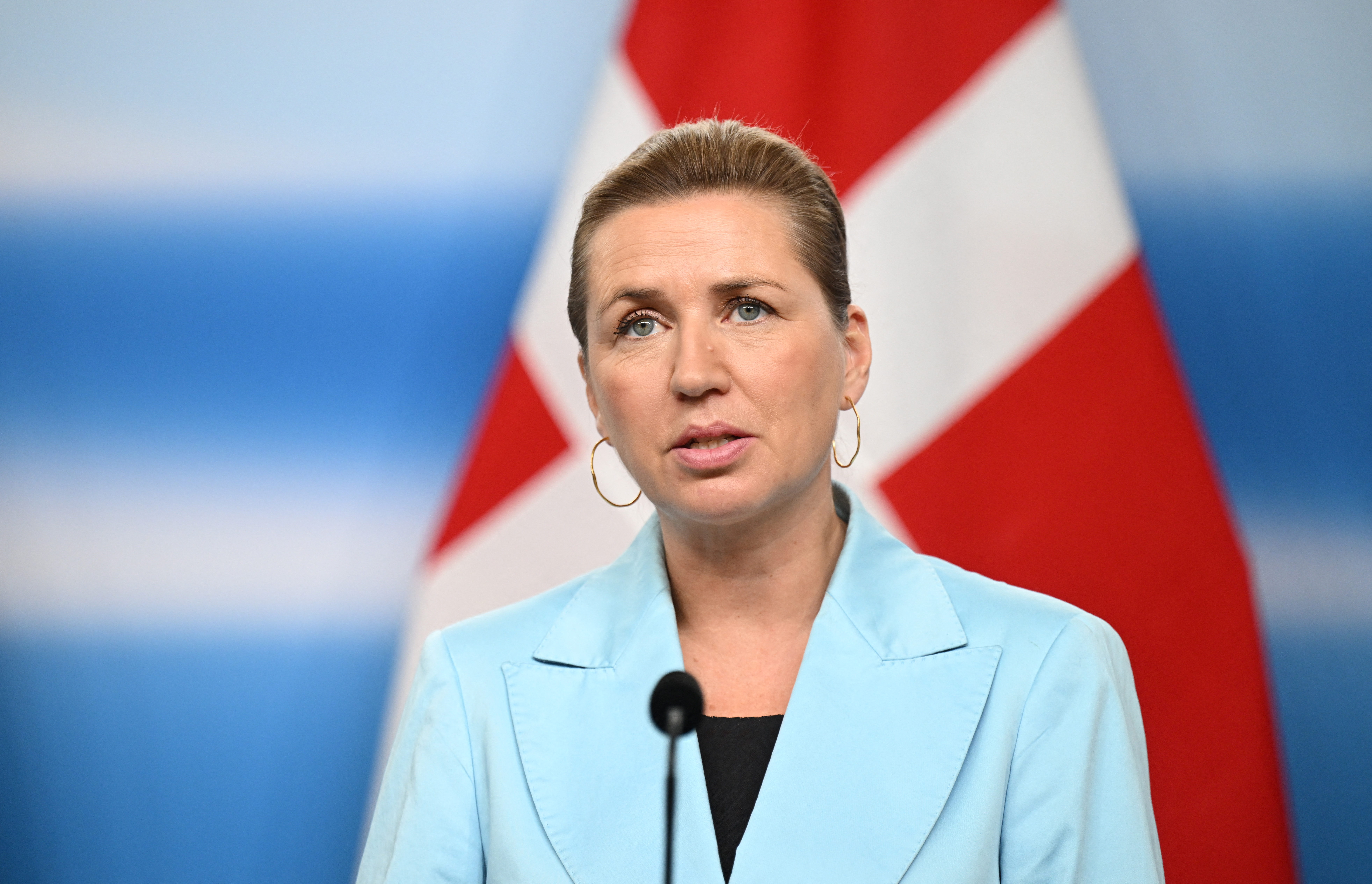Staying Out of Libya (II)
Ian Birrell argues that Western nations should stop being chastened by the horrible decision to invade Iraq so that we can get on with the important business of invading Libya:
And if Nato can impose a no-fly zone then they should do so immediately – even if this means bombing the airports being used to send up planes to kill and maim innocent people. There is no time for hesitation.
But this may not be enough to stop the bloodshed.
——
The international community may be forced to make a choice: does it sit back and prevaricate while people are massacred, as it has so often in the past. Or does it refuse to be scarred by the foolishness of the Iraq invasion and show that it can act when there is unacceptable barbarism.
For it is possible the only solution is a rapid intervention led by perhaps Egypt or Tunisia, whose armies have won respect in recent weeks, to winkle Gaddafi out of his air base and end his appalling regime.
It is a standard interventionist tactic to try to rush a policy decision so that intervention seems to be the only appropriate choice. “There is no time to think through what we’re doing! We have to start doing it immediately!” This is all the more strange when it seems as if Gaddafi’s hold on the country seems to be getting weaker every day. To be blunt, the Tunisian and Egyptian armies have more pressing matters to attend to than to participate in an invasion of their neighbor, and it verges on fantasy to assume that the U.S. or any other significant military power in region will be in any position to launch an effective major operation in the next few weeks. Calls for intervention take for granted that NATO governments are all in agreement on what should be done, but neither Britain nor Italy seems eager to pursue military options.
There is also the problem that Britain may not be able to participate in enforcing such a no-fly zone now that its aircraft carrier is out of commission. France and Italy have some ability to do so, but Italy has several reasons for not intervening. Its economic and political ties to Libya are a large part of this. Some of the governments that have much more at stake are reluctant to get involved in the conflict, so how does it become the responsibility of the United States to intervene?
Quite a few Westerners are beside themselves that our governments aren’t doing enough to overthrow Gaddafi, but Libyan rebels have so far been doing an exceptional job of taking over most of the other major cities of the country without outside help. Gaddafi’s reliance on foreign mercenaries suggests that he knows he cannot count on very many people in his country to defend his rule. There is a growing chorus of voices that insist that the Libyan rebels need outside help, but all of this rests on the assumption that it is the rebels that will be facing destruction absent outside support. Westerners are preoccupied with what they think they should have done in Rwanda, and they remain badly misinformed about what they did in Kosovo, and both of these are clouding judgments on what to do now.
At least from what I can see, it is just as likely that Gaddafi and his remaining supporters are on the losing end of this fight, and outside support could easily pave the way for massacres of regime loyalists and those mistakenly believed to be regime loyalists by the rebels. Maybe no one is very concerned about this result, but it’s not something that can be entirely ignored when we’re talking about tying ourselves to the cause of the rebels. It goes without saying that almost all Western analysts and pundits know very little about Libyan rebels or what it is, besides Gaddafi’s overthrow, that they will want when the war is over. It would be typical if anti-regime forces have a lot of old scores to settle, and tipping the balance in their favor (which is what interventionists are arguing that we do) will make it easier for them to do that. That outcome might happen anyway without outside intervention, but I don’t see why Western governments would want to take an active part in it.
Update: It is no small matter that Italy is also prevented by a treaty of friendship from intervening militarily against the Libyan government. The WSJ reports:
But the Treaty has some articles that lawmakers may not have read closely enough. It explicitly forbids Italy from using any military force or trying “directly or indirectly” to interfere with the Libyan government and, importantly, it forbids Italy from, “allowing the use of its territory in any hostile act against Libya.”
So a bilateral treaty prevents Italy from participating in an EU or NATO-backed mission involving Libya.
NATO is mulling possible participation in the enforcement of a no-fly zone over Libya, but Secretary General Anders Fogh Rasmussen stressed Friday that a United Nations mandate would be needed [bold mine-DL].Presuming Italy—which has major economic exposure to Libya—intends to honor a law its Parliament approved with bipartisan support, then it means that it may require a UN-backed decision on humanitarian grounds to allow it to clarify its position and join EU partners in common action to bring Libya’s nascent civil war to an end.
U.N. authorization isn’t likely to be forthcoming, and evidently NATO isn’t going to act without that authorization.
